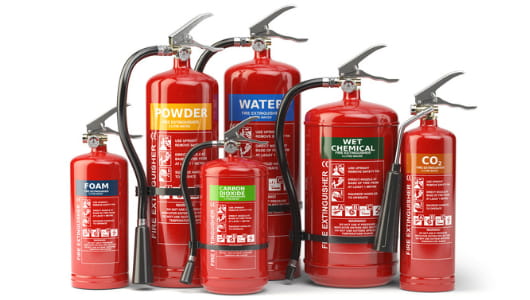Ensuring safety in any commercial space is of utmost importance. One of the key responsibilities in maintaining safety is to have a reliable fire protection system installed. Among the various options available, commercial fire sprinkler systems are one of the most effective solutions.
However, selecting the appropriate fire sprinkler system for your commercial property involves careful consideration of various factors, including fire sprinkler system benefits for businesses, fire code compliance and sprinklers, fire sprinkler installation for businesses, and commercial property fire safety regulations.
In this comprehensive article, we’ll delve into these aspects to help you make an informed decision.
Understanding Commercial Fire Sprinkler System Types
When it comes to commercial fire protection, there are three primary types of fire sprinkler systems: wet, dry, and pre-action. Each type is designed to address specific fire hazards and property requirements.
1. Wet Fire Sprinkler Systems:
Among the most common types, wet fire sprinkler systems feature pipes filled with water under pressure. In the event of a fire, the sprinkler heads release water immediately, suppressing the flames. These systems are ideal for properties where the ambient temperature remains above freezing.
2. Dry Fire Sprinkler Systems:
Unlike wet systems, dry fire sprinkler systems utilize pressurized air or nitrogen in the pipes, with water held back by a valve. When a real fire occurs, the heat triggers the sprinkler heads to open, releasing the air and allowing water to flow. Dry systems are suitable for environments prone to freezing temperatures, such as unheated warehouses or parking garages.
3. Pre-action Fire Sprinkler Systems:
Pre-action systems combine elements of both wet and dry systems, requiring two triggers to activate. First, a fire detection system detects smoke or heat, signaling the release of water into the pipes. Then, individual sprinkler heads activate when the heat threshold is reached. These systems are often used in areas where accidental water discharge could cause significant damage, such as data centers or museums.
Exploring the Benefits for Businesses
Implementing a commercial fire sprinkler system offers several tangible benefits for businesses beyond fire protection:
- Enhanced Property Safety: Fire sprinkler systems can significantly reduce the spread effect of flames, providing occupants with more time to evacuate safely.
- Minimized Property Damage: By suppressing fires in their early stages, sprinkler systems help minimize property damage and mitigate potential financial losses for businesses.
- Insurance Premium Reductions: Many insurance companies offer premium discounts to properties equipped with fire sprinkler systems, recognizing the reduced risk of extensive damage.
- Legal Compliance: Compliance with fire safety regulations and building codes is essential for businesses. Installing a fire sprinkler system ensures adherence to these requirements, avoiding potential fines and penalties.
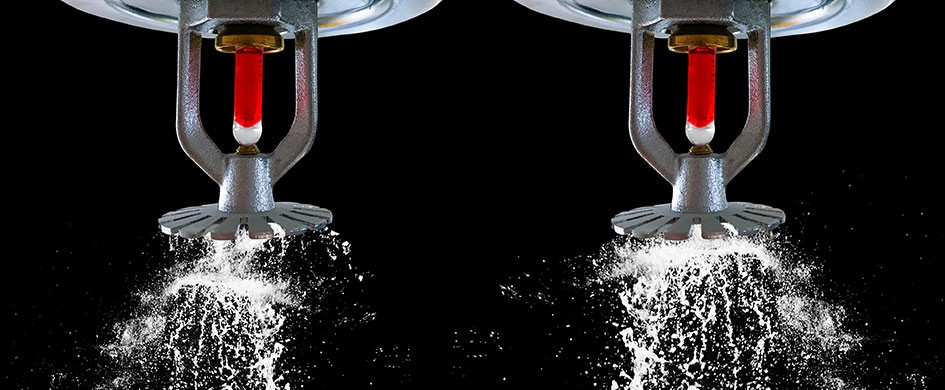
Ensuring Fire Code Compliance and Sprinklers
Fire codes and regulations set forth by local authorities and regulatory bodies mandate specific requirements for fire protection systems in commercial properties. It’s paramount for businesses to understand and comply with these regulations to keep the safety of occupants and protect against legal liabilities.
When selecting and installing a fire sprinkler system, businesses must consider factors such as:
- Building Occupancy: Different occupancy types have varying fire protection requirements. For example, high-rise office buildings may require a different sprinkler system than industrial warehouses.
- Property Layout: The layout and size of the property influence the design and coverage of the sprinkler system. Large open spaces may necessitate additional sprinkler heads for adequate coverage.
- Hazard Classification: Properties with unique fire hazards, such as chemical storage facilities or kitchens, may require specialized sprinkler systems tailored to mitigate those specific risks.
Navigating Fire Sprinkler Installation for Businesses
The process of installing a commercial fire sprinkler system installation for businesses involves several steps, from initial planning to final inspection:
- Assessment and Design: A professional fire protection engineer conducts a thorough assessment of the property to determine the appropriate sprinkler system type and design. Factors such as occupancy, property layout, and hazard classification inform the design process.
- Permitting and Approval: Obtaining necessary permits and approvals from local authorities is essential before commencing installation. This ensures compliance with building codes and regulations governing fire protection systems.
- Installation and Testing: Certified technicians install the fire sprinkler system according to the approved design, ensuring proper placement of sprinkler heads and piping. Once installed, the system undergoes comprehensive testing to verify functionality and effectiveness.
- Maintenance and Inspections: Regular maintenance and inspections are critical to ensuring the continued reliability of the fire sprinkler system. Routine inspections identify any issues or deficiencies that require attention, ensuring the system remains in optimal condition.
Adhering to Commercial Property Fire Safety Regulations
Apart from the installation of fire sprinkler systems, adherence to various fire safety regulations is imperative for commercial properties to mitigate risks and ensure the safety of occupants. These regulations encompass a range of measures aimed at preventing and managing fire incidents. Key regulations include:
- Occupancy Limits: Setting and enforcing maximum occupancy limits is essential to prevent overcrowding and facilitating swift evacuation procedures in the event of a fire emergency.
- Emergency Lighting and Exit Signs: The installation of illuminated exit signs and emergency lighting systems is crucial for guiding occupants to safety, particularly during power outages or situations with reduced visibility due to smoke.
- Fire Alarm Systems: Equipping commercial properties with fire alarm systems featuring smoke detectors and audible alarms is vital. These systems promptly alert occupants to the presence of fire, enabling timely evacuation and intervention.
- Fire Extinguishers: Strategically positioning fire extinguishers throughout the premises provides an additional layer of fire suppression capability, allowing occupants to tackle small, manageable fires before they escalate.
By following these regulations and implementing effective fire protection measures, businesses can ensure safer environments for their employees, customers, and visitors. Prioritizing compliance with fire safety standards not only reduces risks but also demonstrates the commitment to protecting lives and property within commercial properties.
Conclusion
Choosing the right fire sprinkler system for your commercial property is an important decision, that requires careful consideration of various factors. From selecting the appropriate system type to ensuring compliance with fire safety regulations, each step plays a very vital role in safeguarding lives and property.
By understanding the benefits of commercial fire sprinkler systems, navigating installation and compliance requirements, businesses can enhance their fire safety preparedness and minimize the risk of devastating losses due to fire incidents. Investing in a reliable fire protection system not only protects all your assets but also demonstrates your commitment to prioritizing safety within your commercial property.
Read More Articles:
Protect Your Data Center with a Reliable Fire Suppression System
Related Articles

Protein Foam: Your Guide to Effective Fire Suppression
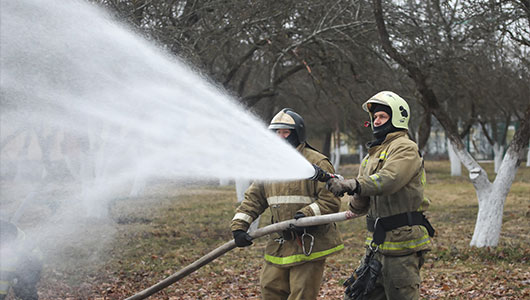
AR-AFFF Foam: Find the Right Formula for Your Needs

AFFF Foam: Your Essential Guide to Fire Safety

Why ECOFOAM is the Future of Environmentally Friendly Firefighting

Foam Concentrates: Sustainable Solutions for Environmentally Conscious Fire Protection
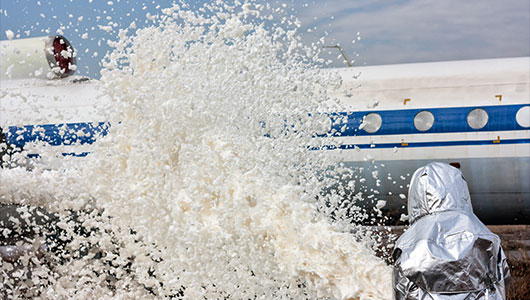
The Right Foam for Every Fire: Synthetic Concentrates for Varied Hazards & Environments

Expansion Foam Concentrate: The Ultimate Solution for Controlling Flammable Liquid Fires
Stop Fire in Its Tracks: Protein Foam's Versatility Across Hazards & Environments

Fluorine-Free Foam (ECOFOAM): Next-Generation Fire Suppression Solutions for Modern Challenges
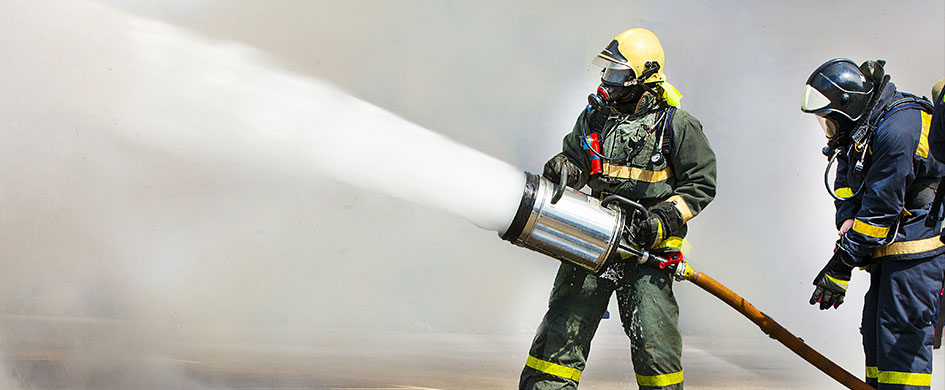
Future of Firefighting is Here: Top Trends in Foam Concentrate Technology Explained

Synthetic Foam Concentrates: The Science Behind Superior Fire Control

Expansion Foam Concentrate: The Game Changer for Fighting Large Fires
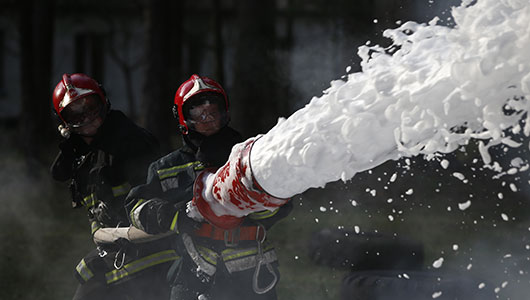
Protein Foam 101: How It Works to Fight Fires
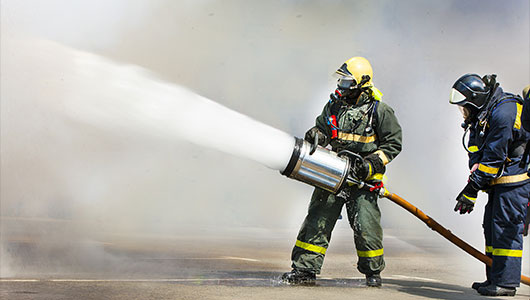
Advantages of Advanced AR-AFFF Foam Technology - Fire Protection Ultimate Guide 2024
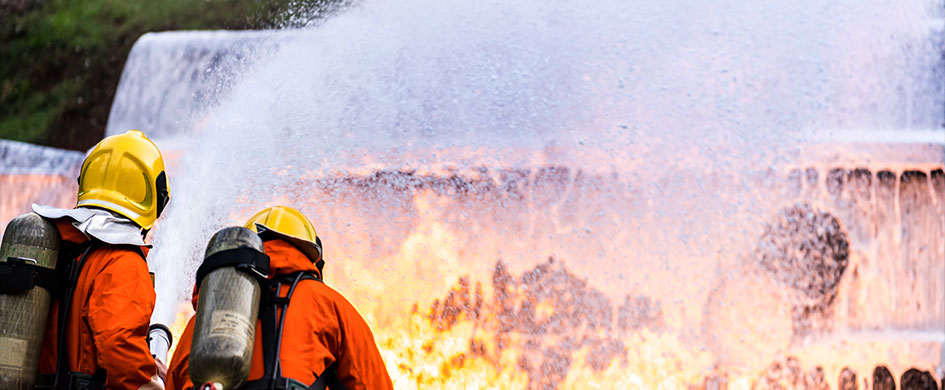
AFFF Fire Suppression: Applications & Benefits for Enhanced Safety
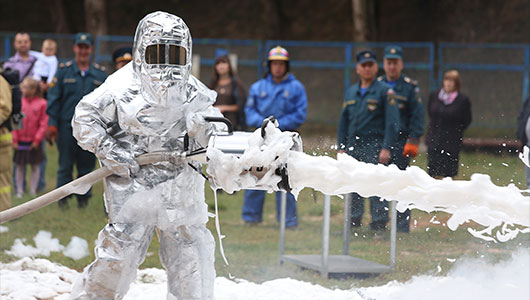
Foam Concentrates vs Traditional Fire Extinguishers: Which is More Effective?

Fight Fires Eco-Friendly: Rise & Future of Fluorine-Free Foam (ECOFOAM)

Synthetic Foam Concentrates: Advancing Fire Suppression with Cutting-Edge Technology

Expand Your Fire Safety Arsenal: Exploring the Versatility of Expansion Foam Concentrate
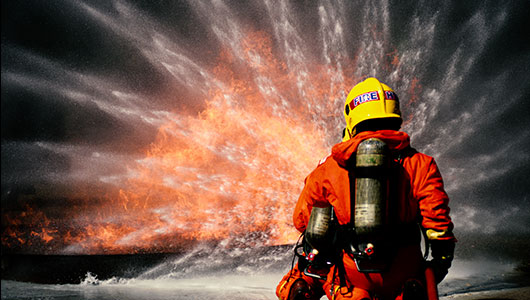
Protein Foam Concentrates: Harnessing Nature's Power for Effective Fire Suppression | Guide 2024
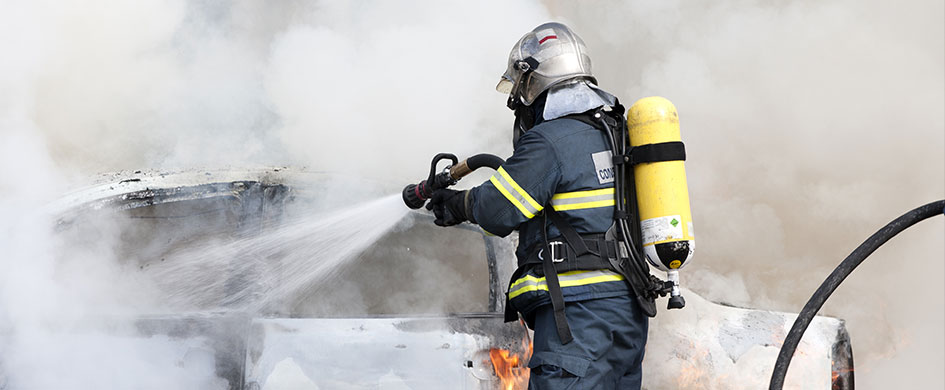
Advanced AR-AFFF Foam: The Cutting-Edge Solution for Superior Fire Suppression Performance
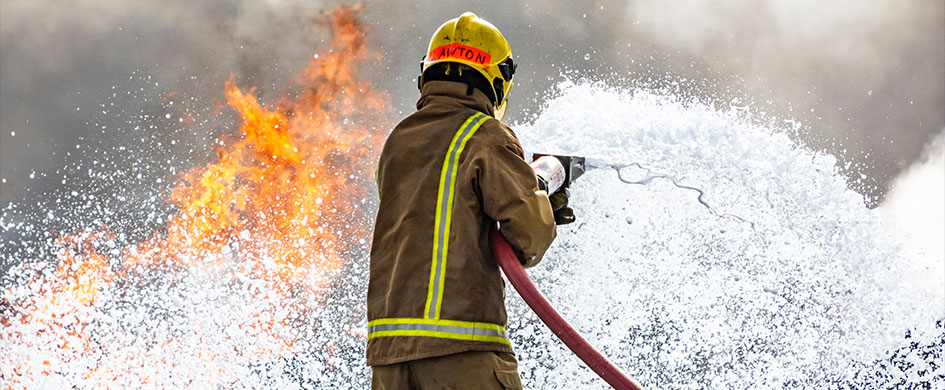
Understanding AFFF Role in Rapid Fire Suppression

The Rise of Eco-Friendly Fire Suppression: Exploring Fluorine Free Foam (ECOFOAM) Solutions

Foam Concentrates: The Ultimate Guide(2024) to Effective Fire Suppression
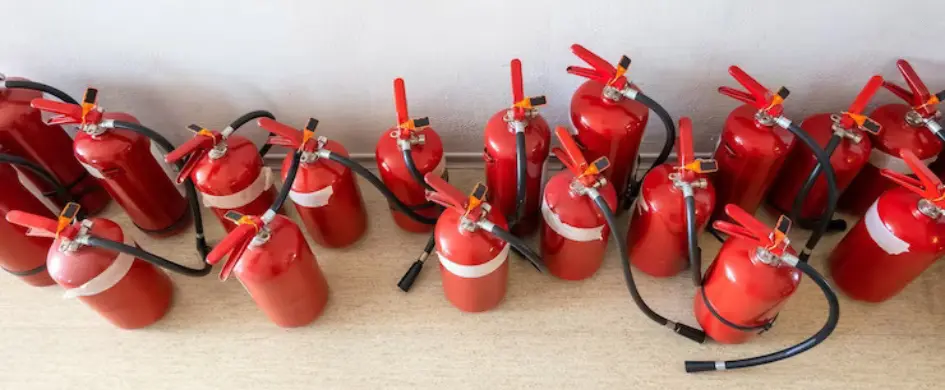
Emergency Evacuation Planning: Steps to Ensure Workplace Safety

The Ultimate Guide to Fire Extinguishers: Types, Uses, and Maintenance
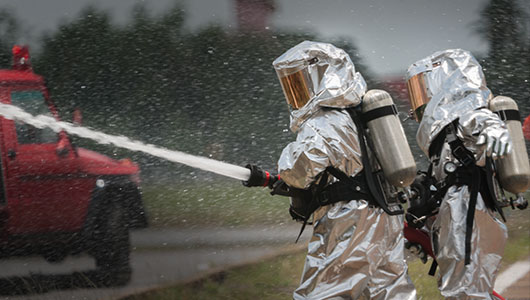
The Role of Personal Protective Equipment (PPE) in Firefighting
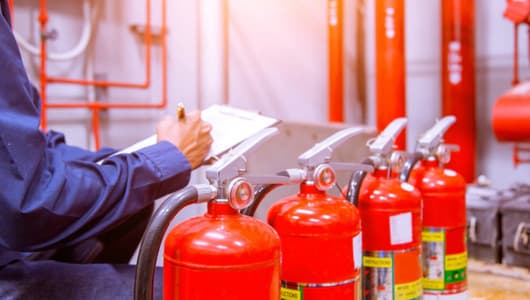
Keeping Your Business Safe: A Comprehensive Guide to Fire Risk Assessments
Protecting Your Electrical Equipment: The Importance of a Fire Suppression System for Electrical Panels
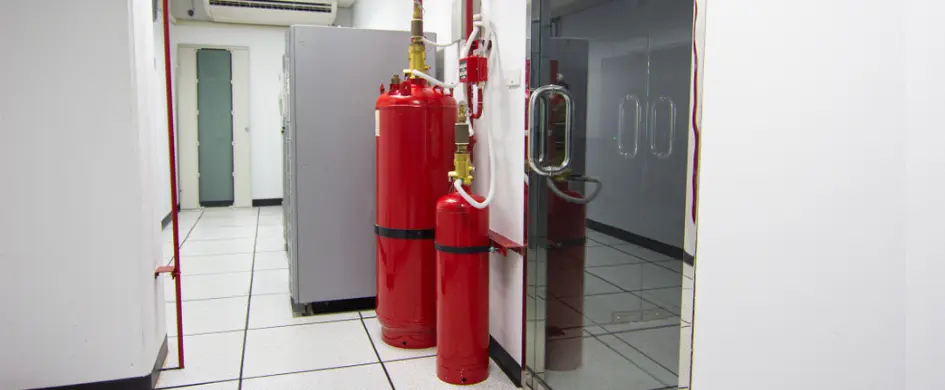
Protect Your Data Center with a Reliable Fire Suppression System

How to choose a water mist fire extinguisher
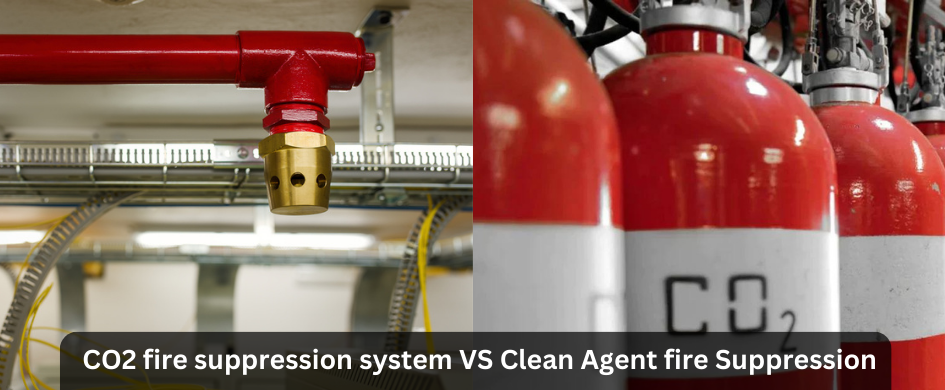
CO2 Fire Suppression System vs Clean Agent fire Suppression
Ensuring Safety in the Factory: Choosing the Right Fire Fighting Equipment
The Top 5 Places Where Fire Suppression Systems are a Must
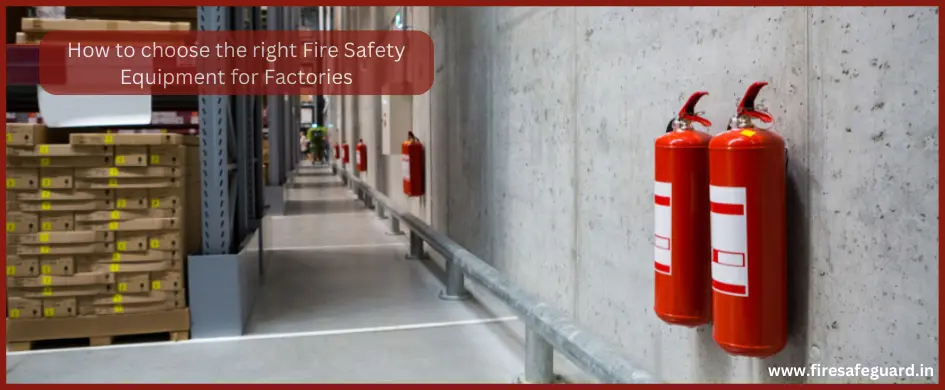
How to Choose the Right Fire Safety Equipment for Factories
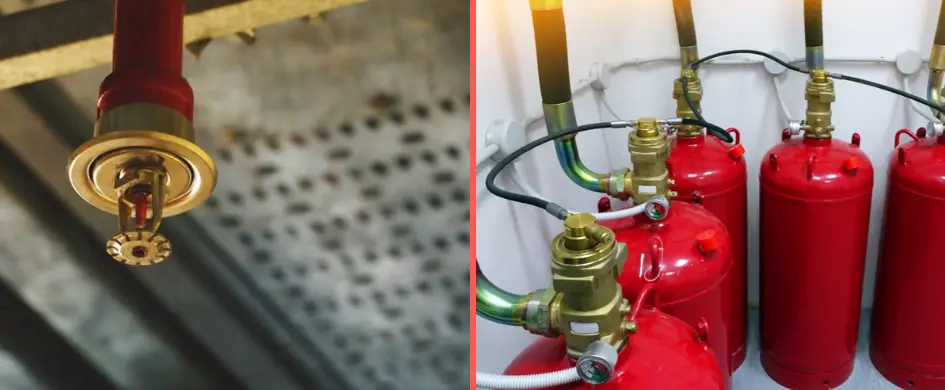
Difference Between Fire Suppression System and Fire Sprinkler
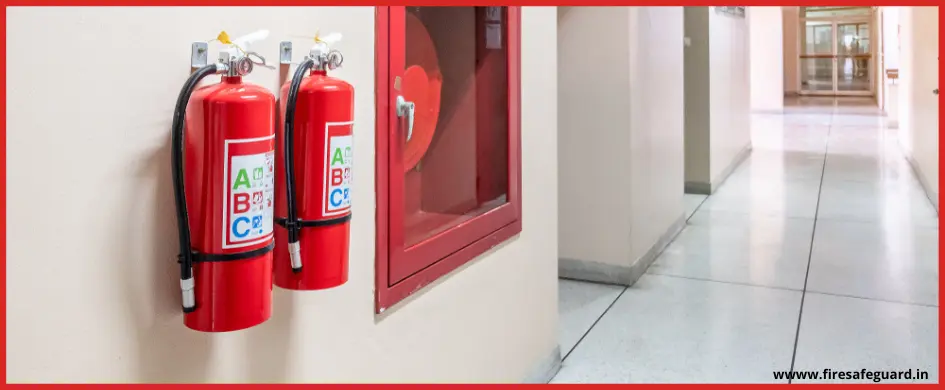
Ultimate Fire Extinguisher Buying Guide for Business owners
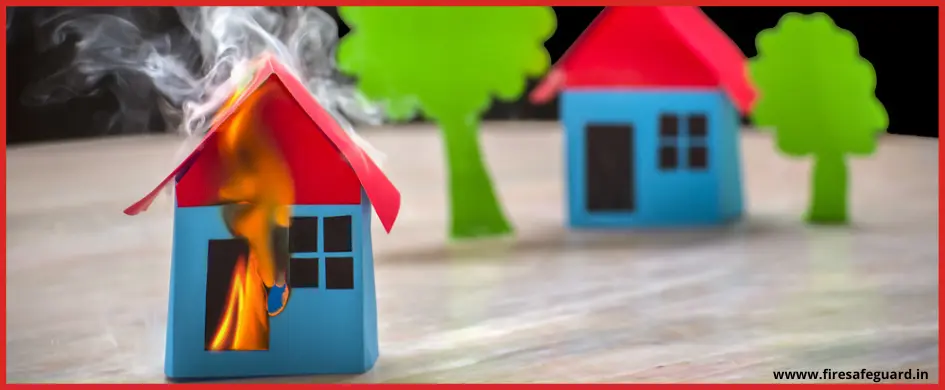
Known and Unknown Facts about Fire Everyone Should Know
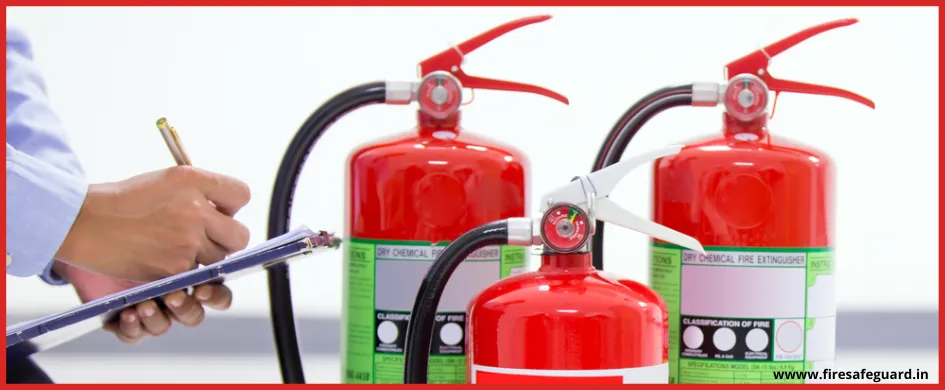
Everything you need to know about Water Type Extinguisher
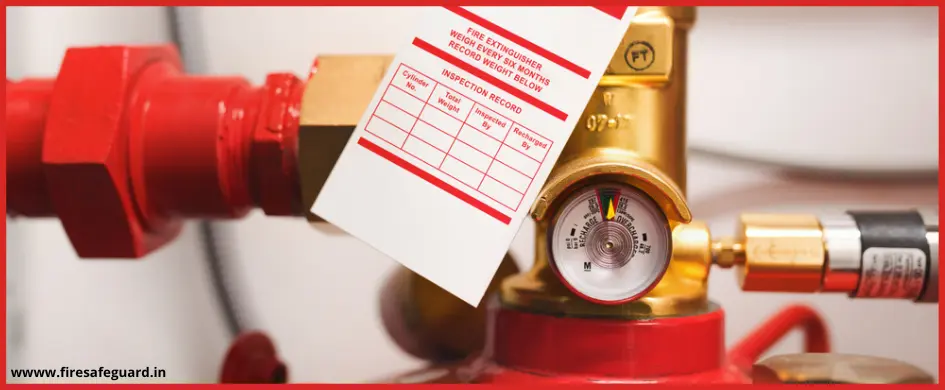
What is a Clean Agent Fire Extinguisher ? Detailed Guide 2024
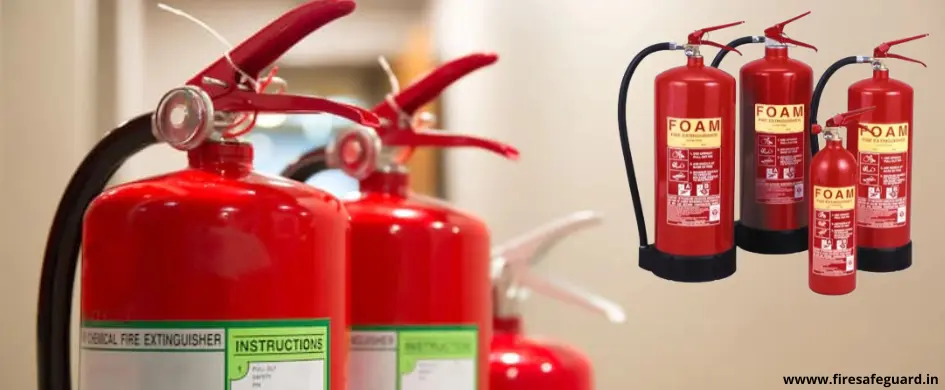
Everything You Need to Know About Foam-Type Fire Extinguishers
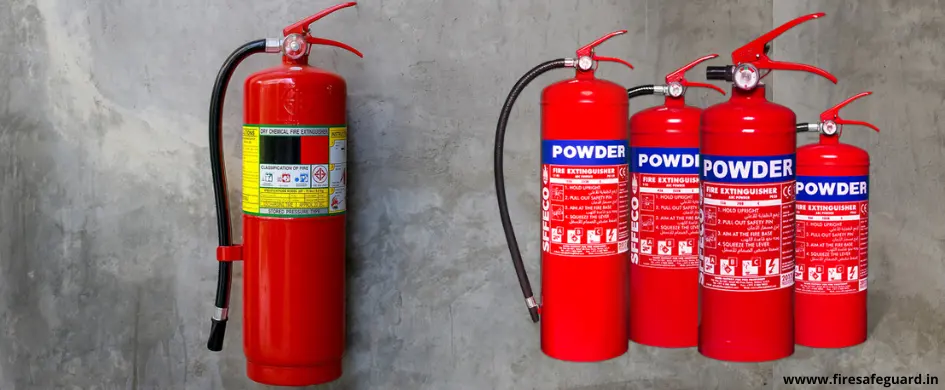
Everything You Need to Know about Dry Chemical Fire Extinguishers - Detailed Guide 2024

Top Fire Extinguisher Manufacturers in India
